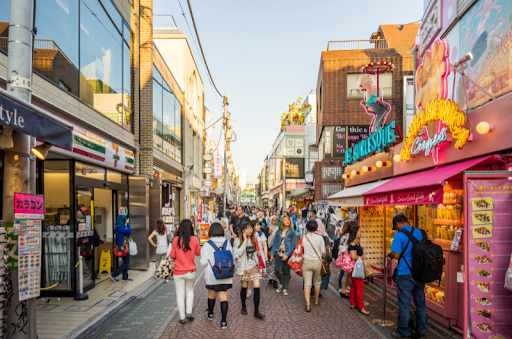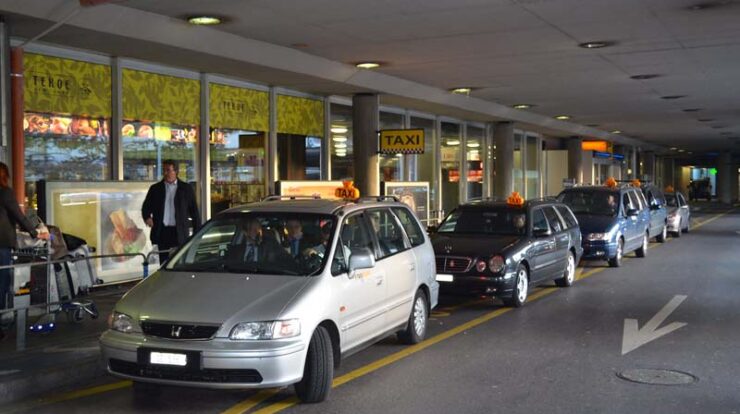
Traveling is a transformative experience, providing an opportunity to explore new places, cultures, and create lasting memories. For individuals requiring accommodations due to disabilities, accessible travel ensures that these experiences are not limited. This guide aims to provide valuable insights and tips for people with special needs to navigate and enjoy their journeys with ease.
Understanding Accessible Travel
Accessible travel, also known as inclusive or disability-friendly travel, focuses on making transportation, accommodation, and attractions accessible to all individuals, regardless of their physical abilities or limitations. It involves considering the needs of people with disabilities and implementing measures to ensure a seamless and enjoyable travel experience.
Choosing the Right Destination
The first step in planning an accessible trip is selecting a destination that caters to your specific needs. Research destinations that prioritize accessibility, such as cities with well-maintained sidewalks, accessible public transportation, and accommodations equipped with necessary facilities. Websites and travel forums dedicated to accessible travel can provide valuable insights and recommendations from fellow travelers.
Transportation Considerations
Accessible Air Travel:
- Choose airlines that prioritize accessibility and provide services for passengers with disabilities.
- Inform the airline about your specific needs when booking tickets to ensure a smooth travel experience.
- Arrive early to allow ample time for boarding and any necessary assistance.
Ground Transportation:
- Research local transportation options at your destination that offer accessibility features.
- Consider renting accessible vehicles or using ride-sharing services with accessible vehicle options.
- Plan routes that involve minimal physical barriers, such as stairs or uneven terrain.
- Accommodation Essentials
Accessible Accommodations:
- Prioritize hotels or lodging facilities that are wheelchair-accessible and equipped with ramps, elevators, and accessible bathrooms.
- Communicate your specific needs with the accommodation provider when booking to ensure they can meet your requirements.
Accessible Room Features:
- Ensure that the room has adequate space to maneuver a wheelchair.
- Confirm the availability of assistive devices like shower chairs, grab bars, or visual aids.
Service Animals:
- Verify the accommodation’s policies regarding service animals and inform them in advance if you’ll be traveling with one.
- Local Attractions and Activities
Attraction Accessibility:
- Research the accessibility features of local attractions, museums, and landmarks.
- Check for accessible entrances, elevators, and inclusive services for visitors with disabilities.
Accessible Tours and Activities:
- Look for guided tours or activities that cater specifically to individuals with disabilities.
- Inquire about accessible transportation options for excursions.
- Communication is Key
Language Considerations:
- Learn key phrases related to accessibility and your specific needs in the local language.
- Have a written description of your needs in the local language to show in case of communication barriers.
Emergency Preparedness:
- Familiarize yourself with emergency procedures at your destination and inform local authorities about your specific needs.
- Carry a list of emergency contacts and relevant medical information.
Accessible Travel Apps:
- Use travel apps designed for individuals with disabilities to find accessible routes, facilities, and services.
- Download navigation apps that highlight accessible pathways and transportation options.
Communication Apps:
- Utilize communication apps that can assist in overcoming language barriers.
- Some apps can convert spoken language into text, facilitating smoother interactions.
Accessible travel empowers individuals with disabilities to explore the world on their terms, ensuring that the wonders of travel are accessible to everyone. By selecting the right destination, considering transportation options, choosing accessible accommodations, researching local attractions, and embracing technology, individuals with special needs can embark on journeys that are fulfilling and enriching. As the travel industry continues to recognize the importance of accessibility, more destinations and services are becoming inclusive, paving the way for a more accessible and inclusive travel landscape. Remember, with careful planning and a proactive approach, accessible travel can be a gateway to incredible adventures and experiences for everyone.






